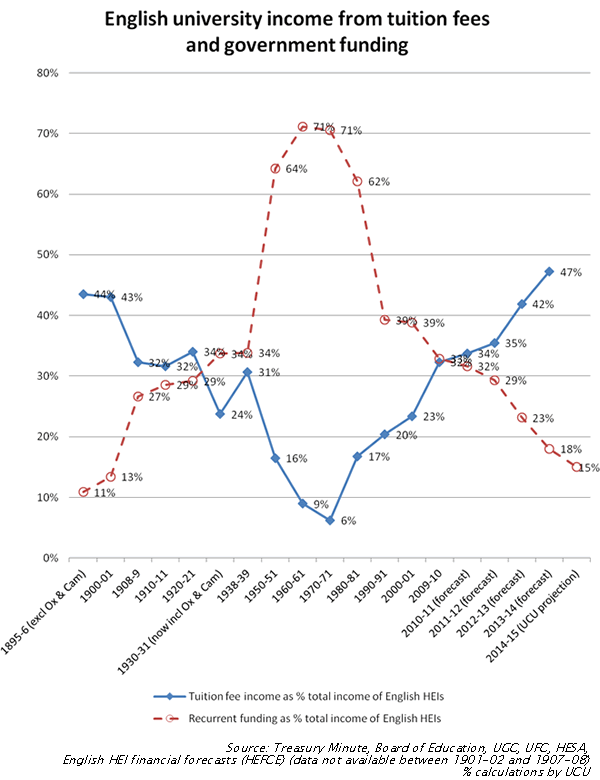What is the answer to youth unemployment?
According to the Guardian newspaper, Labour MP Hazel Blears, a member of a cross party parliamentary group of MPs looking at social mobility, says that seven out of 10 people get their next job from someone they know. She said “We need to ensure that young people from working-class backgrounds, whose parents don’t have the same exclusive networks as some in the City of London, are given the opportunities to achieve. This means ending unpaid internships and opening up opportunities as well as education and support.:
I am not quite sure what she means by opening up opportunities. But her claim that seven our of 10 people get their job from someone they know certainly rings true to anecdotal evidence. And although the UK has a national employment service, Job Centre Plus, a quick inspection shows that the jobs advertised tend be public sector or low paid and low skills jobs. There is no requirement in the UK to advertise jobs through government employment services and many of the higher paid jobs are advertised on different commercial online services.
One effect of the recession appears to be that whilst employers are not shedding jobs in the numbers feared (at least in soem countries), they are cutting back on employment by not employing young people.
Increasingly those companies who do take on young people are demanding work experience. Once more in the UK (regulations and practices vary across Europe) there has been an large increase in internship, especially for recent graduates. However, many of those posts are lowly paid if paid at all, restricting access to those who can afford to work for no pay and thus reinforcing the issues around social mobility (or lack of it). And once more, in reality the ‘best’ internships are going to those with contacts. Last year the Conservative party even auctioned an internship with a large accountancy company.
But however grim things may be in the UK, the situation in many European countries is much worse for young people. In Spain, youth unemployment is something like 55 per cent.
Last week I was at an EU Presidency conference which brought together ministers and civil servants responsible for employment and education and training policy from most EU countries (not my usual sort of conference, but they invited me as an ‘expert’ on new technologies). What soon became very apparent is that despite all the concern for what is happening, there were few if any ideas of what to do about it. It was very much business as usual but we have to try harder.
The most interesting contribution was a keynote presentation from Professor Phillip Brown from Cardiff University. He argues that the problem of equality of opportunity based on class,gender or race, has been see as “one of raising absolute standards of achievement to enable all to take advantage of new opportunities for skilled work which the globalisation of labour markets is seen to present (Reich 1991).” In his book ‘The Global Auction’, he argues that Western societies in particular have invested in human capital development, and individuals have taken on high levels of debt, on the understanding that both society as a whole and the individuals concerned will be well rewarded. But the “opportunity bargain” has not been kept.
Firstly it was based on assumption that the advanced industrial countries could grow richer through their lead in the use of advanced technology and a more highly skilled workforce, whilst other countries would rely on low paid jobs for cheap, mass production. That hasn’t happened with countries like South Korea and China leapfrogging previous production modes and technologies. At the same time India and China are investing hugely in education, particularly in education in STEM subjects (Science, Technology, Engineering and Maths). Secondly rather than see the rise of new well paid, knowledge based jobs in advanced countries, instead , he says we have seen a new wave of “digital taylorisation:.
In a review of the book Peter Wilby says:
Digital Taylorism makes jobs easier to export but, crucially, changes the nature of much professional work. Aspirant graduates face the prospect not only of lower wages, smaller pensions and less job security than their parents enjoyed but also of less satisfying careers. True, every profession and company will retain a cadre of thinkers and decision-makers at the top – perhaps 10% or 15% of the total – but the mass of employees, whether or not they hold high qualifications, will perform routine functions for modest wages. Only for those with elite qualifications from elite universities (not all in Europe or America) will education deliver the promised rewards.
Thus doing more of the same is not an option. Neither is trying to sit out the recession and hope everything will return to normal. At a policy level it is not enough just to tinker with education systems to try to turn out more people with degrees. We need to rethink the relationship between economy, labour market and education and training. Maybe the idea that manufacturing was somehow old fashioned and was being replaced by the knowledge economy was not so clever.



